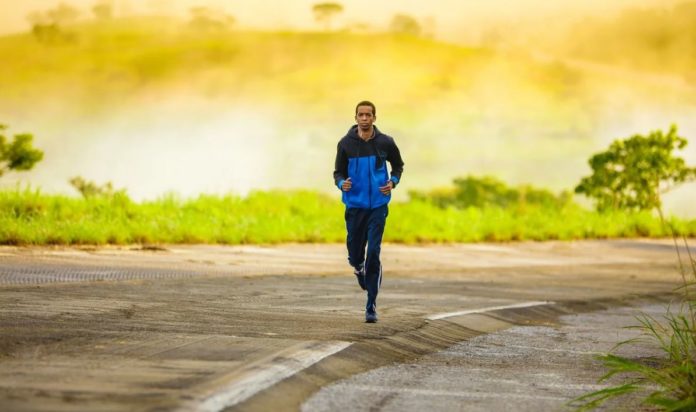23% of adults and 81% of adolescents lead a sedentary life. The World Health Organization has developed a list of recommendations to help you stay healthy based on your age.
WHO Director-General Tedros Adhanom Ghebreyesus said in a statement that “physical activity is essential for health and well-being. It can help add years to life and life to years.”
As for sedentary lifestyle, “it is the fourth most important risk factor for mortality worldwide. Physical inactivity is increasing in many countries and this has a considerable influence on the prevalence of Non-communicable diseases (NCDs) and the general health of the population worldwide,” the agency said in the report.
The list of recommendations is divided into three parts, each of which takes into account a person’s age: 5-17 years old, 18-64 years old, and 65 and older.
How much exercise should children and young people do?
For this age group, physical activity consists of “games, sports, travel, recreational activities, physical education, or scheduled exercises, in the context of family, school, or community activities.”
Children and teens should spend at least 60 minutes a day in moderate to vigorous intensity activities. You have to prioritize aerobic exercise, such as cycling or jogging. You should also incorporate – “at least three times a week” – vigorous activities that strengthen muscles and bones.
“It should also be noted that if children do not engage in any physical activity, any activity below the recommended levels will be more beneficial than doing nothing at all,” the organization explained.
Regular exercise helps develop a locomotor system or also known as the musculoskeletal system and develop a healthy cardiovascular system for the child.
Physical exercise for adults
If you’re between the age of 18 and 64, the following WHO recommendations can be helpful. You should engage in recreational or leisure activities, such as hiking or cycling, occupational activities (work or household chores), games, sports and exercises.
As for the daily amount, it should be at least 150 minutes per week of moderate intensity aerobic physical activity or 75 minutes if it is a vigorous physical activity. The exercises should be practiced in sessions of at least 10 minutes in length. If you want even greater health benefits, you should increase moderate aerobic activity for up to 300 minutes per week. And if you prefer intense physical activity or a combination of two intensities, it’s 150 minutes a week.
The WHO also recommended “doing activities to strengthen the large muscle groups” at least twice a week.
Recommendations for older adults
In this age group, the recommendations and physical activities are the same as for the previous category, such as recreational, leisure or occupational activities.
At the same time, it is advisable to carry out activities that help to improve “cardiorespiratory and muscular functions and bone and functional health and reduce the risk of NCDs, depression and cognitive deterioration”. In addition, older adults need to “engage in physical activities to improve balance and prevent falls, three days or more a week.”
“Physically active older people have lower rates of mortality from all causes, coronary heart disease, hypertension, stroke, type 2 diabetes, colon and breast cancer, and depression, better functioning of their cardiorespiratory and muscular systems, and a better mass and corporal composition”, claims the agency.
